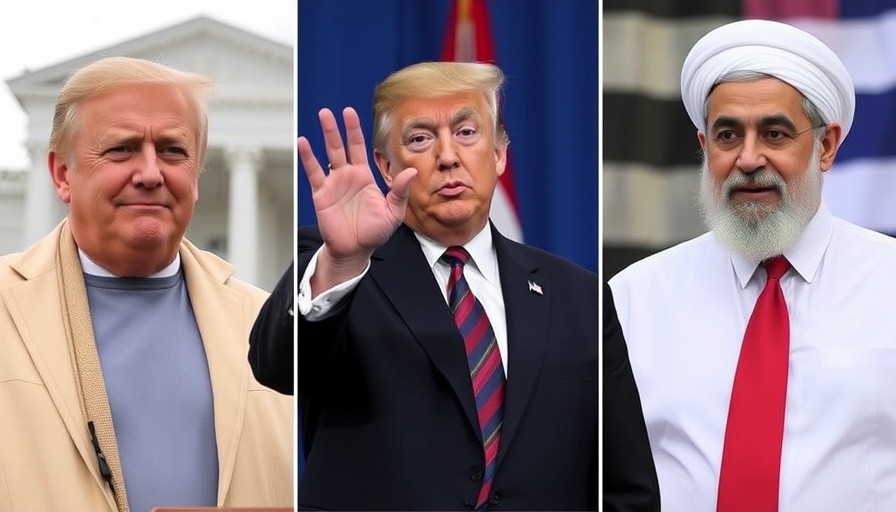
Supreme Court Ruling Fuels Trump’s Immigration Policy Agenda
The US Supreme Court has recently made headlines by allowing the Trump administration to continue its controversial policy of deporting migrants to third countries, including conflict zones. This ruling removes a judicial requirement that would have given migrants the opportunity to present their claims of potential harm, such as torture or persecution, if returned to their designated countries. This decision has raised concerns among human rights groups regarding the safety of deported individuals.
Political Reactions and Implications
Trump’s administration views this ruling as a significant legal win, reinforcing its commitment to mass deportations and strict immigration policies. Critics, however, see it as a dangerous precedent that ignores humanitarian principles. Notably, organizations advocating for migrants argue that people fleeing violence should be granted asylum, or at least given a chance to plead their case before being forcibly relocated.
Iran-Israel Conflict: A Surprising Ceasefire?
In conjunction with the court's decision, Trump claimed that Iran and Israel had reached a complete ceasefire after a two-week conflict marked by significant military exchanges. This announcement caught many by surprise, especially given the recent surge in violence. Trump's declaration hints at a new phase in Middle Eastern diplomacy, though skepticism remains regarding its longevity and stability.
The Role of Veterans in Limiting Executive Military Power
Amid these developments, a coalition of 12 House Democratic military veterans is pushing back against Trump's military authority. They have voiced concerns regarding the decision to conduct airstrikes on Iranian targets without congressional approval, linking this approach to past military entanglements in Iraq and Afghanistan. Their commitment to curbing presidential power reflects a broader anxiety around unchecked military actions, especially in an era marked by rapid technological advancements in warfare.
Trends in Domestic and International Policy
The legal and diplomatic maneuvers seen currently reflect broader trends within US policy, particularly around immigration and military intervention. The ongoing debates over these issues indicate a persistent conflict in public opinion, with many Americans split over the handling of refugees and military engagements overseas.
Humanitarian Perspective: The Cost of Deportation Policies
The ruling raises a fundamental ethical question: what is the cost of prioritizing national policy over human dignity? As migrants face potential harm upon deportation to countries fraught with violence, it is crucial for lawmakers and citizens alike to engage in meaningful discussions about human rights and the protection of vulnerable populations.
Final Thoughts: What’s Next for Trump’s Administration?
These intertwined developments in immigration law and foreign diplomacy underscore a crucial point: the Trump administration is steadfast in its agenda, leveraging legal victories to justify contentious policies. As debates continue, it remains essential for citizens to stay informed and advocate for fair practices that reflect the nation’s core values.
As events unfold, it’s worth watching how these policies influence both domestic sentiment and international relationships—important considerations as we navigate a rapidly evolving global landscape.
 Add Row
Add Row  Add
Add 




Write A Comment